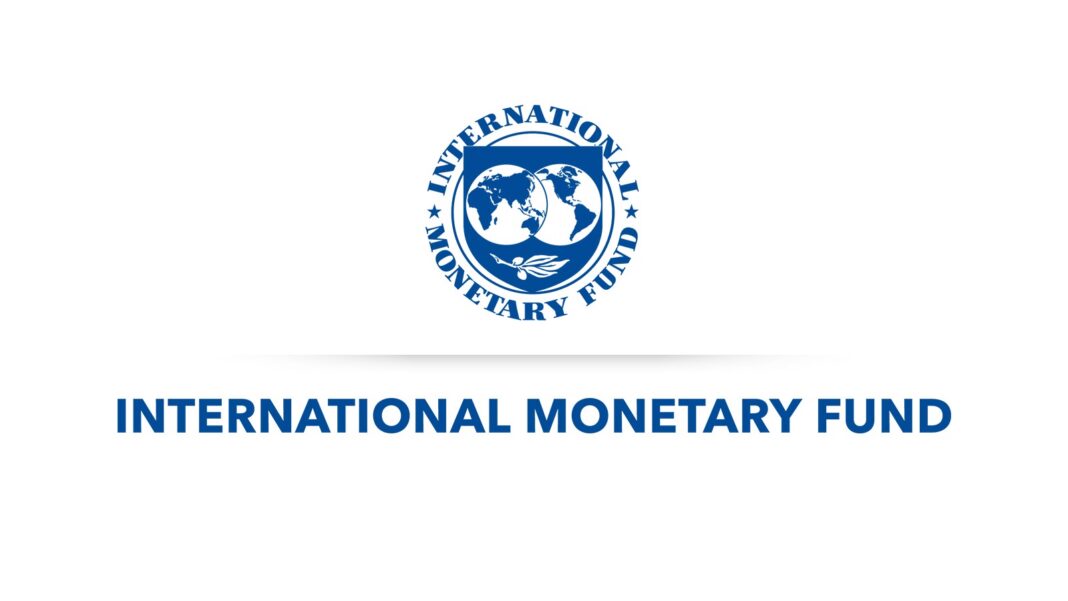The International Monetary Fund (IMF) has expressed its concerns regarding Pakistan’s recently proposed budget, stating that it missed the opportunity to broaden the tax base and referring to the new tax amnesty scheme as a “damaging precedent.” This critical assessment by the IMF underlines the significant differences between Pakistan and the organization, which may not be resolved within the remaining 15 days. In this article, we will explore the IMF’s perspective on the budget and its implications for Pakistan’s economic stability.
Missed Opportunity to Broaden Tax Base
Esther Perez Ruiz, the resident representative of the IMF, highlighted that the draft FY24 Budget failed to broaden the tax base in a progressive manner. Additionally, the introduction of numerous new tax expenditures further reduces the fairness of the tax system. This limitation undermines the resources required to support vulnerable recipients of the Benazir Income Support Programme (BISP) and hampers development spending.
Tax Amnesty Scheme Contradicts Program Objectives
The IMF strongly criticized the inclusion of a new tax amnesty scheme in the proposed budget, stating that it runs counter to the program’s conditionality and governance agenda. This move is seen as setting a harmful precedent, echoing the sentiments expressed by many Pakistanis. It is important to note that under the IMF program, Pakistan is prohibited from implementing any form of tax amnesty scheme. By violating this condition, the government has raised concerns about its commitment to the program.
IMF’s Suggestions and Limited Endorsement
The IMF recommended incorporating additional measures to address liquidity pressures in the energy sector while aligning them with the broader budget strategy. Although the IMF staff remains engaged in discussions to maintain stability, Esther emphasized that the IMF team would be ready to work with the government to refine the budget before its passage.

Implications for IMF Program and Default Risks
With only two weeks remaining until the expiry of the IMF extended program, Pakistan still has $2.6 billion undisturbed due to delays in meeting the agreed-upon conditions. The failure to fulfill the program’s objectives poses a significant risk of default, as $3.9 billion has already been disbursed out of the total $6.5 billion program size. The high risks of default and the unfulfilled objectives raise concerns about Pakistan’s economic stability and its ability to address these challenges without the support of the IMF.
Uncertainty Surrounding Future Economic Roadmap
The article highlights the confusion surrounding the government’s future economic roadmap in case the IMF program ends without revival. Finance Minister Ishaq Dar mentioned the existence of a “Plan B,” but Minister of State for Finance Dr. Aisha Pasha denied its existence. This lack of clarity further adds to the uncertainty surrounding Pakistan’s economic direction and the measures it will undertake to address the challenges it faces.
IMF’s Concerns and Technical-Level Discussions
The IMF’s concerns also extend to the tax relief measures proposed in the budget. The IMF officials questioned the income-whitening amnesty scheme and sought an explanation for the record tax exemptions granted in the outgoing fiscal year. The IMF’s objection to these exemptions is rooted in their perceived ineffectiveness and limited benefits for the overall economy. The FBR defended these measures by arguing that they were aimed at attracting remittances from expatriates.
Moody’s Concerns on IMF Loan Program
Moody’s Investors Service expressed concern about Pakistan’s ability to revive the stalled IMF loan program worth $6.5 billion before its official expiration on June 30. This adds further urgency to the need for Pakistan to address the differences with the IMF and take necessary actions to stabilize its economic situation.
Read more: Defence Minister Khawaja Asif Presents Discouraging Economic Forecast
The IMF’s criticism of Pakistan’s proposed budget, particularly the tax amnesty scheme, and the missed opportunity to broaden the tax base, highlights the significant challenges the country faces in its economic management. The differing viewpoints between Pakistan and the IMF suggest that the completion of the program’s review is unlikely. As the deadline approaches, Pakistan must work towards addressing these concerns and ensuring economic stability with or without the IMF’s support.



